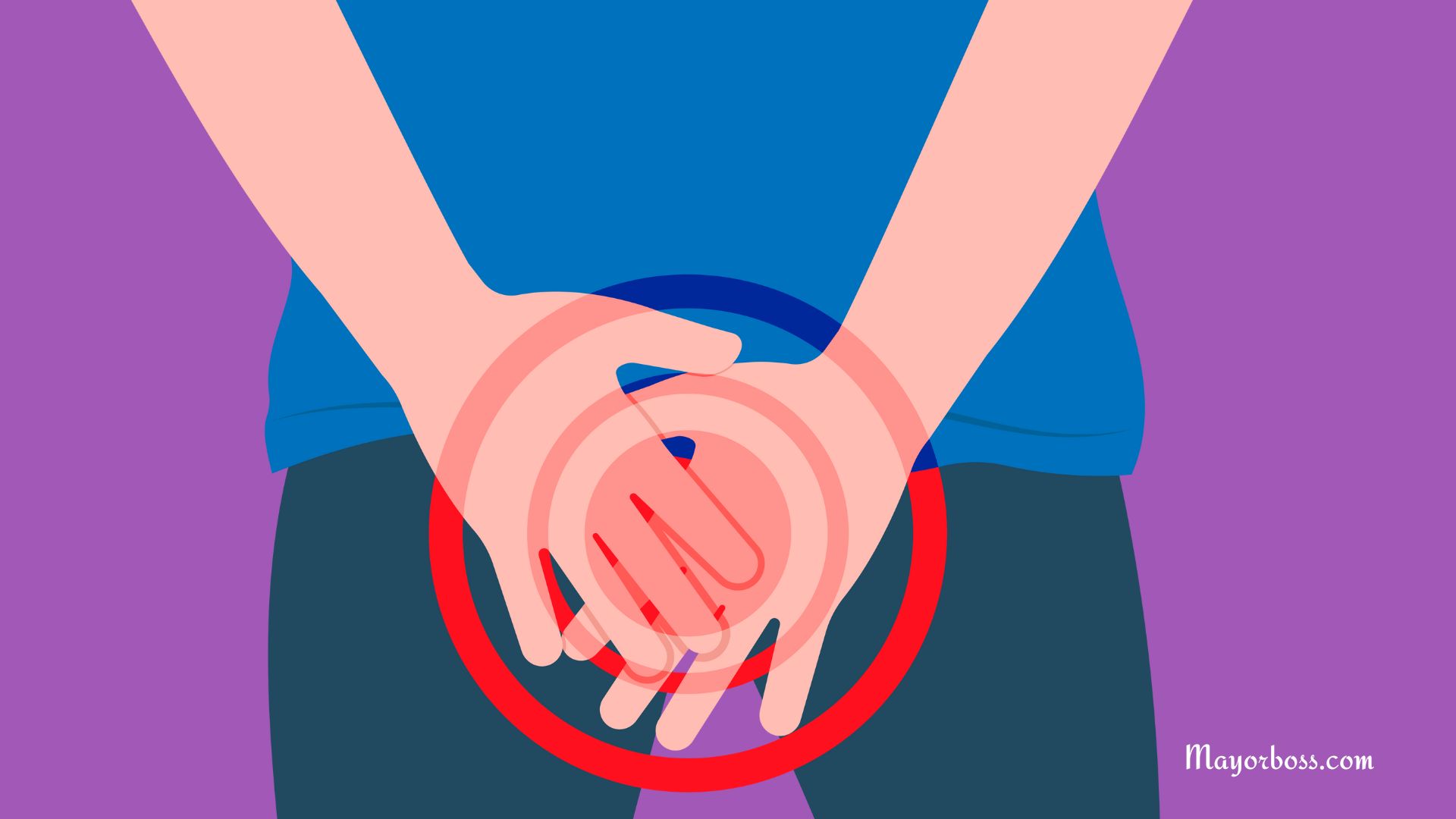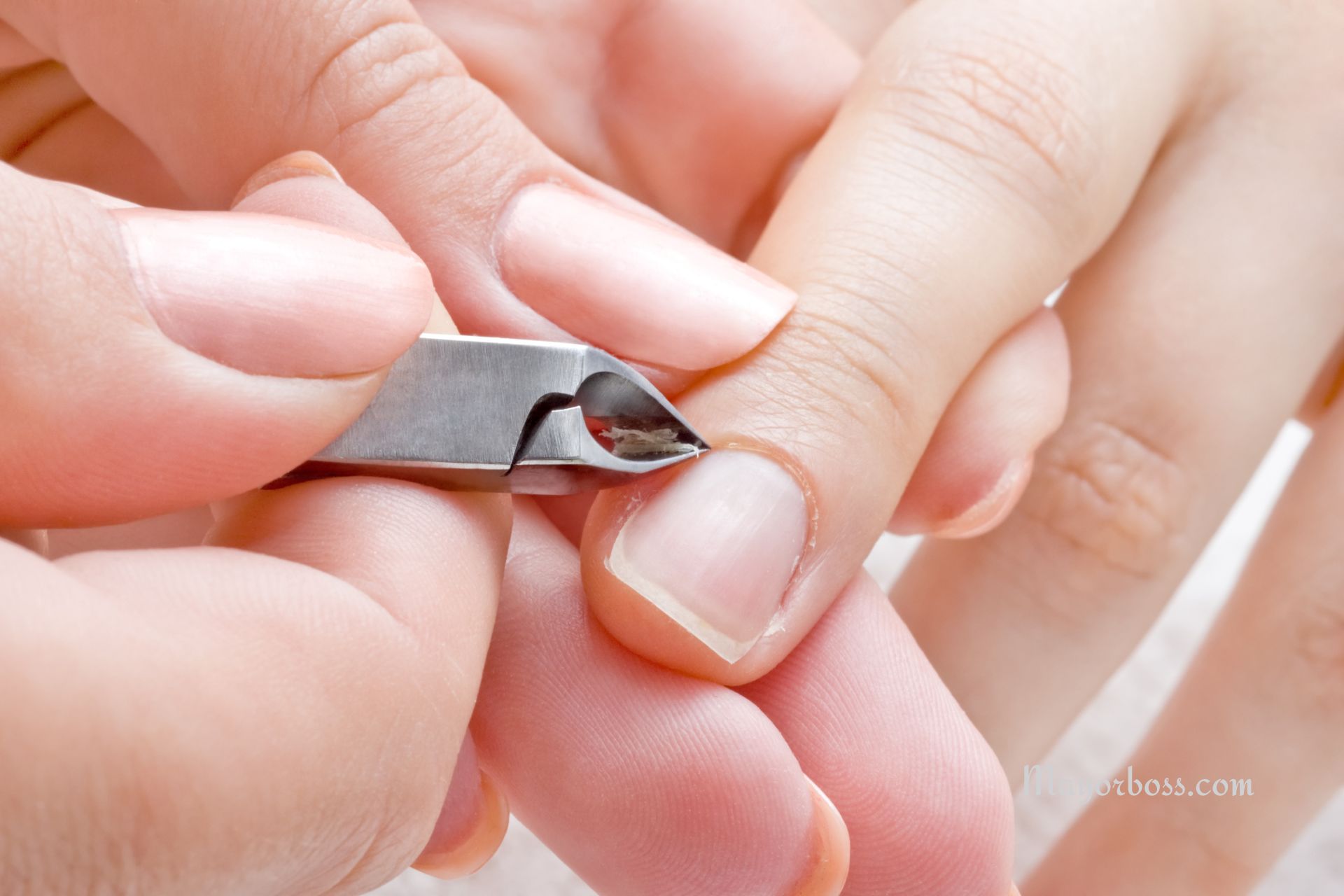How to Get Rid of Unwanted Water Weight
Water weight, also known as fluid retention, refers to the extra fluid that the body stores in its tissues. This can cause puffiness, swelling, or a sense of heaviness. While occasional fluid retention is common, persistent water retention can cause discomfort and may signal an underlying issue. In this article, we will examine why water weight occurs and provide ways to help you reduce it safely.

What Is Water Weight?
Water weight is the excess fluid that accumulates in your body’s tissues. This fluid typically sits between cells and within blood vessels. The body usually maintains a balanced level of fluids by excreting them through urination, respiration, and sweat. However, various factors can upset this balance, leading to an increase in water retention.
Some people notice water weight in the form of bloating in the abdomen, swelling in the ankles or feet, or a sudden increase on the scale. A few extra pounds from water retention can fluctuate daily, depending on factors like diet and exercise.
Common Causes of Water Retention
High Sodium Intake
Salt plays an important role in fluid balance. When you eat too much salt, your body tries to retain extra water to dilute the high sodium levels in your bloodstream. This can lead to bloating or swelling.
Dehydration
Dehydration triggers your body to hold onto any water it gets. If you consume less fluid than you lose, your body interprets this as a shortage and conserves every drop, causing puffiness and bloating.
Hormonal Changes
Hormones play a key role in fluid balance. Many women notice mild to moderate water retention before or during menstruation because of shifts in estrogen and progesterone levels.
Sedentary Lifestyle
Sitting or standing in one place for long periods can reduce circulation and make it harder for fluids to move out of your lower limbs. This can cause swelling in the ankles or calves.
Certain Health Conditions
Kidney disease, liver disease, or heart problems can cause water retention. If you suspect a serious medical condition, consult a healthcare professional.
Helpful Tips for Losing Water Weight
1. Limit Sodium
Read nutrition labels to check the sodium content. Opt for fresh fruits, vegetables, whole grains, and lean proteins instead of processed foods. Season your meals with herbs and spices instead of salt. This helps cut down on unnecessary sodium and lets your body maintain a healthier fluid balance.
2. Stay Hydrated
Drinking enough water might seem counterintuitive if you are trying to shed water weight. Yet, proper hydration actually encourages your body to eliminate excess fluid. Aim for eight to ten cups of water a day, though your specific needs may vary.
3. Increase Potassium
Potassium helps balance sodium levels in your body. Good sources of potassium include bananas, prunes, oranges, dates, spinach, and sweet potatoes. Eating enough potassium can ease bloating, help your muscles function properly, and keep your heart rhythm stable.
4. Exercise Regularly
Physical activity boosts circulation, prompting your body to move fluids more efficiently. Activities like brisk walking, jogging, and cycling also stimulate sweating, which expels excess water and salt. Exercise also promotes better sleep and helps maintain a healthy weight.
5. Try a Short-Term Diuretic Strategy
Diuretics, whether natural or prescribed, increase your body’s production of urine. Green tea, cucumber, and certain herbs act as mild diuretics. However, proceed with caution and consult with your physician before using diuretic medications. Overuse can lead to electrolyte imbalances.
6. Reduce Stress
Chronic stress causes your body to produce high levels of cortisol and other hormones that can influence fluid retention. Practice relaxation methods such as deep breathing, yoga, or meditation. Adequate sleep also helps regulate hormones and minimize stress-related fluid retention.
7. Elevate Your Legs
If you notice swelling in your feet or ankles, elevate your legs above heart level for a few minutes. This helps move fluid away from your lower extremities and encourages blood flow back to your heart.
When to Seek Medical Attention
Occasional water retention often responds to simple lifestyle changes. But if you notice persistent swelling, rapid weight gain, or shortness of breath, make an appointment to see a health care provider. These signs might indicate an underlying disorder, such as heart, liver, or kidney disease, that requires treatment.






